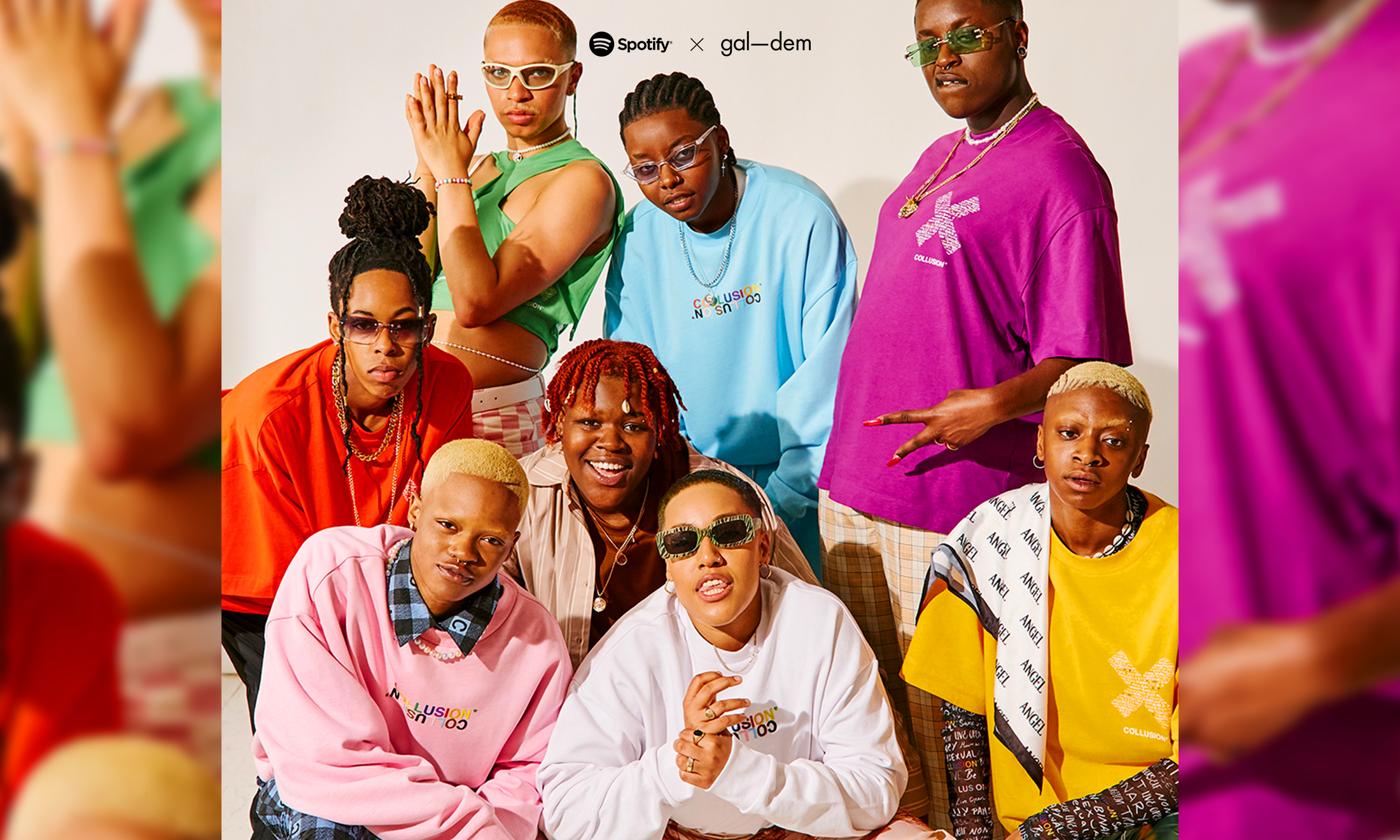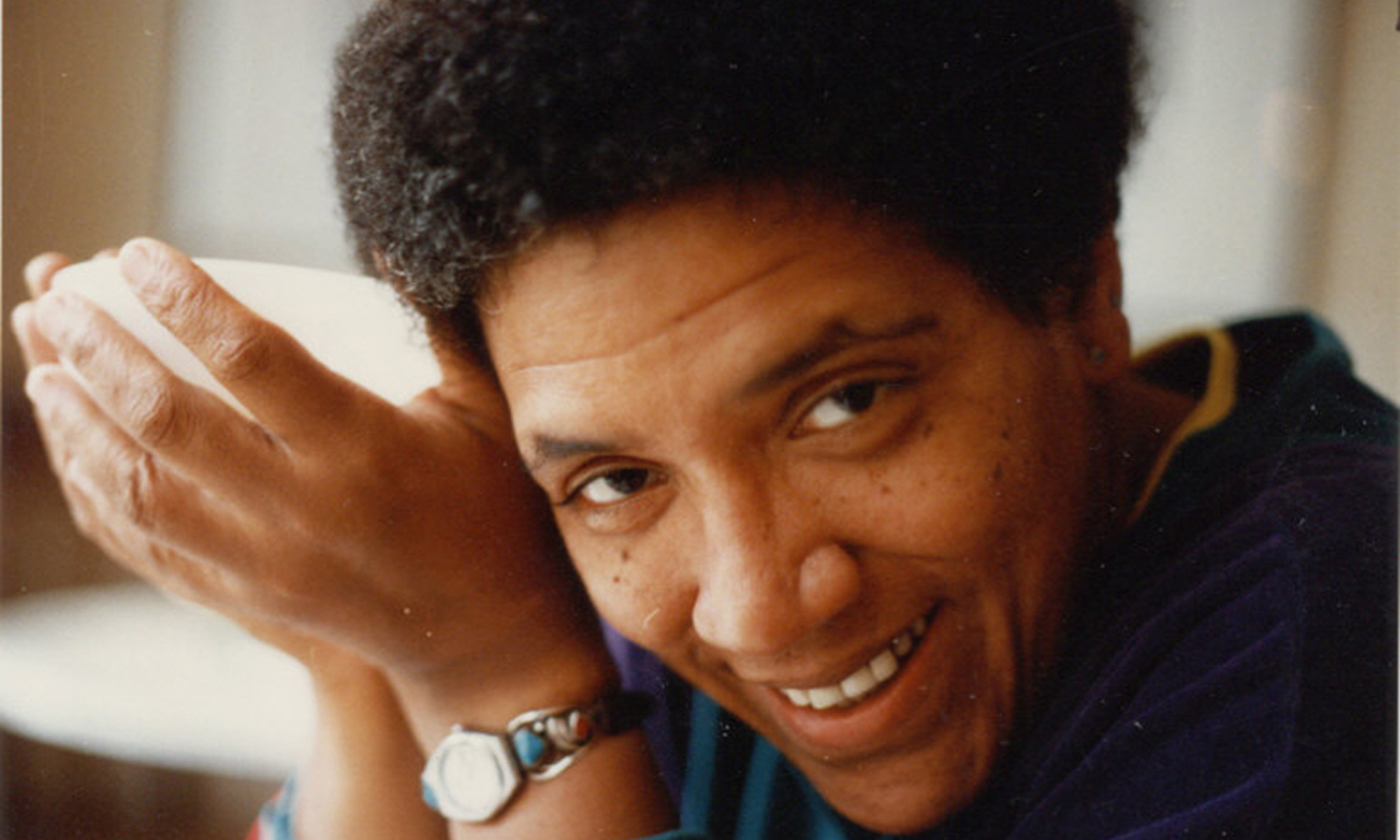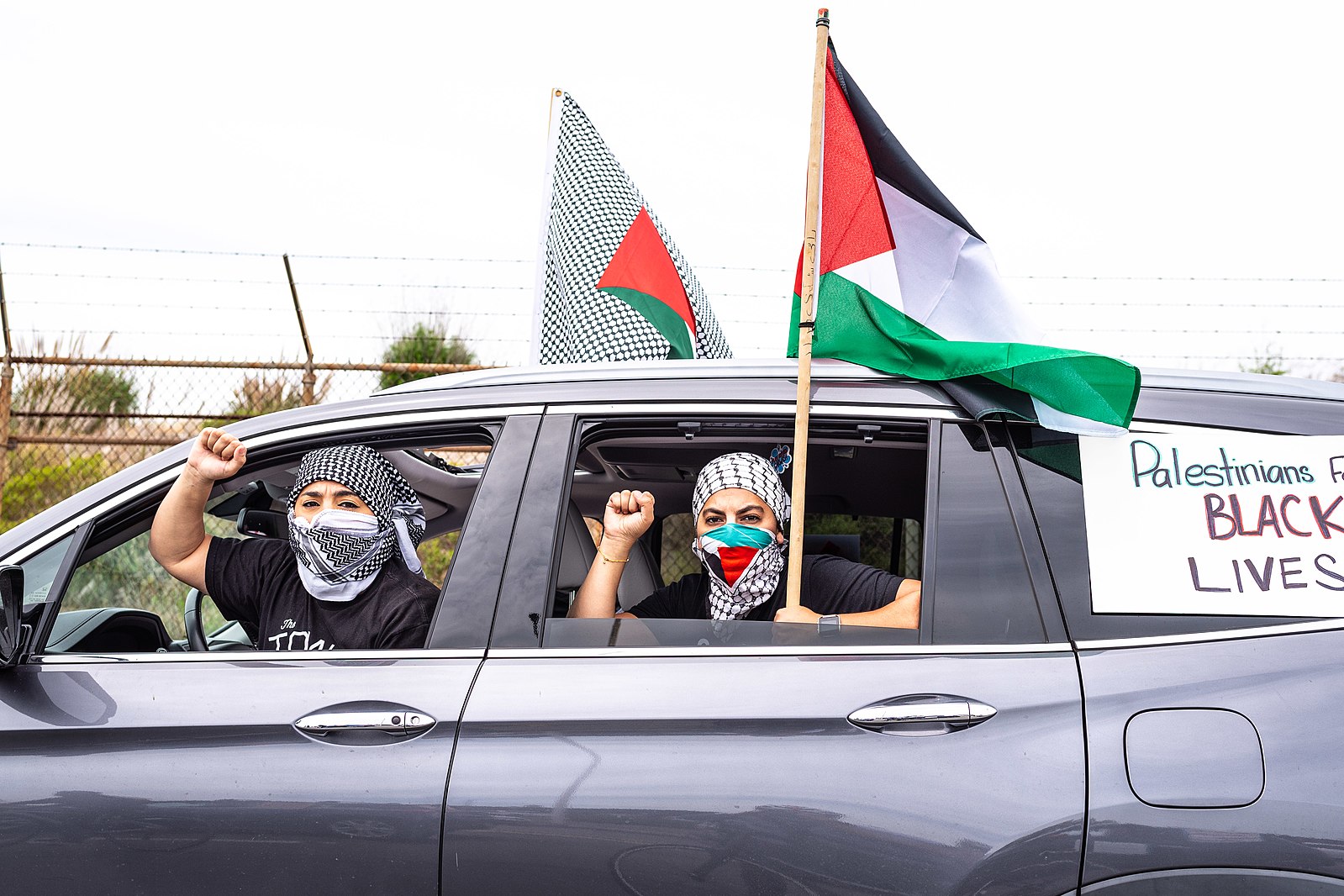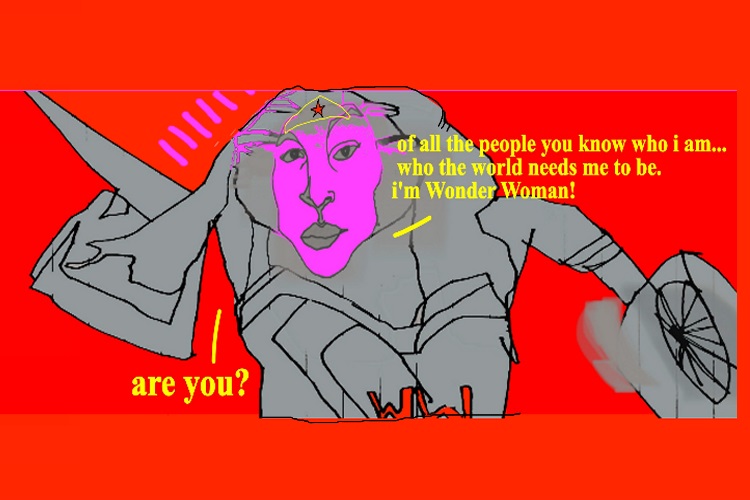
The 2017 film of Wonder Woman has been hailed in the media as being a “masterpiece of subversive feminism” and congratulated for being an iconic feminist film. However, beneath the laser scenes and extensive choreography lie political and pro-military messages that the film slowly reveals to unsuspecting audiences, particularly about western interventionism praised in the name of humanitarianism. How does a Hollywood film work to perpetuate the military-industry complex of America and Israel? Why do we need to be critical of the culture that we consume, and what are the implications of supporting such films? Can feminism really be compatible with imperialism and interventionism?
The character of Wonder Woman first appeared in “All Star Comics” in 1941 and immediately had the potential to be subversive. The character was created by William Marston, a polyamorous American psychologist who also created the lie detector test. Wonder Woman was created to be a superhero that embodied force, strength and power, whilst also enjoying the erotics of submission; “The only hope for peace is to teach people who are full of pep and unbound force to enjoy being bound… Only when the control of self by others is more pleasant than the unbound assertion of self in human relationships can we hope for a stable, peaceful human society”. Grek Rucka, the screenwriter of the 2017 film, affirms that Wonder Woman’s “queer identity was important to the narrative because Themyscira was represented as paradise, and with that came diversity”. However, when watching the film, his words seem empty. The only black women in the Amazon community are portrayed as speechless “savages” who must be civilised by the whiter Amazons of Themyscria. A voiceless black woman, played by Ann Wolfe, is shown being beaten by a white woman on the back without any evidence of her pain, playing into white supremacist stereotypes of black bodies being unable to feel pain. This becomes even more uncomfortable when Diana makes flippant comments about slavery; when the role of a secretary is being explained to Diana for the first time, she remarks, “in my country, we call that slavery.”
People of colour in the film are reduced into tokenistic depictions: an undistinguished Arab man wearing a Fez and a stereotypical depiction of Native Americans. In one of the strangest parts of the film, the Arab man says, “I always wished I was an actor, however I am the wrong colour.”. It is as if the film producers are congratulating themselves for casting a person of colour into the role, in a bid to reach the “diversity” criteria, instead of providing actors of colour with meaningful roles. Terms such as “diversity” are becoming empty signifiers, merely boxes that directors want to tick off the list, without providing characters with meaningful identities. Diversity does not merely mean visibility, it should mean true representation. Gal Gadot, an Israeli actor who plays the role of Diana Prince, Wonder Woman, is of German, Polish, Austrian and Czech ancestry. However, there has been an ongoing debate about whether Gadot could be considered as a woman of colour, “Gadot is not actually Caucasian, but is in fact Israeli”. The debate posits the Israeli nationality as an ethnicity, completely ignoring the fact of Gadot’s skin colour and European background. These elements of Gadot’s identity provide privilege, and protect her from the kind of discrimination faced by Palestinians and Jews of colour in the Middle East.
“The ability for Gadot to be vocally supportive of the Israeli occupation of Palestine, and not be reprimanded for it is sadly not surprising, nor new”
Gal Gadot has been vocally supportive of the IDF and their on-going, brutal occupation of Palestine. A 2014 post during the war on Gaze from Gadot’s Instagram praises the IDF, a military operation launched by Israel, which imprisoned the population of Gaza and left more than 2200 people dead.
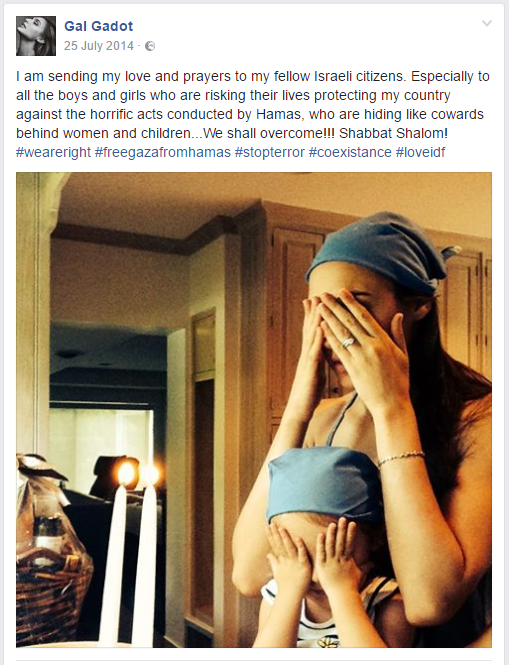
Casting Gadot as an Amazonian goddess who opposes the militarism of men is not only undeniably ironic but also damaging. It normalises the occupation of Palestine. One of the most alarming aspects of Israel’s ethnic cleansing of Palestine is the government’s ability to do so with complete transparency and a total lack of accountability, despite breaking international law on countless occasions. Israel hails itself as “the democracy in the Middle East” despite operating an Apartheid system. The ability for Gadot to be vocally supportive of the Israeli occupation of Palestine, and not be reprimanded for it is sadly not surprising, nor new. Joan Rivers in 2014 displayed a disturbing, flippant disregard for the loss of Palestinian lives, stating “they deserve to be dead”. Despite the backlash on social media, Rivers was not held accountable for what she said, and she later defended her controversial comments claiming it had been taken “out of context”. On the other hand, those who speak out for Palestine, including celebrities and academics, are often targeted for being “anti-Semitic”, and are often at risk of losing their livelihoods for speaking out against the Israeli government.
“The disturbing irony of Gadot being chosen to play the hero who will end all wars and bring peace to mankind … is hard to miss”
Many people would call for a split to be made between the character of Wonder Woman and Gadot’s own political views; Gadot is ultimately an actor playing a fictional role, and Wonder Woman is ultimately “just a film”. We are often asked to separate the artist from their work. However, this does not erase the absolute need to be critical of actor’s personal politics and ideological basis. Aside from Gadot’s own personal politics, the 2017 film of Wonder Woman perpetuates an ideal of white western interventionism; the need for the strong to step in and save the oppressed. Watching Wonder Woman’s overt glorification of western interventionism is grotesque to say the least. Diana affirms, “I will fight for those who cannot fight for themselves…I cannot stand by while innocent lives are lost!” as she runs in to save the lives of civilians. The disturbing irony of Gadot being chosen to play the hero who will end all wars and bring peace to mankind, when she has actively supported the destruction of Palestinian livelihoods, is hard to miss. It is even more uncomfortable as her heroism has been hailed in the name of feminism.
Following a gas attack unleashed by the Syrian government on its own people in April 2017, Trump remarked in a press conference:
“That attack on children yesterday had a big impact on me – big impact. When you kill innocent children, innocent babies, babies, little babies, with a chemical gas that is so lethal […] that crosses many, many lines, beyond a red line. Many, many lines”.
The following day, Trump authorised missile strikes against Syrian targets, killing countless civilians. Trump used the deaths of civilians in order to justify American missile strikes on Syria. His words are framed through the rhetorics of imperial humanitarianism, using visceral and emotive language to justify interventionism. Despite Trump’s apparent empathy for the victims of the chemical attack, this does not mean he had any intention of relaxing his policy of refusing to take in thousands of Syrian refugees.
Western interventionism is constantly justified by placing the West as the saviours of the world. Wonder Woman similarly promotes western military intervention, dressed up as humanitarianism. The film is set at the end of the First World War, depicted as a confrontation between Britain and Germany. The British are presented as the defenders of humanity whilst the Germans are portrayed as the villains. The German general Ludendorff, played by Danny Huston, plans to force the British to surrender by developing a gas to wipe out all civilians. He tests his gas on innocent villages. All this sounds disconcertingly familiar to anyone following western media coverage that has been used to promote “humanitarian intervention” in Syria, Iraq and Lebanon. Footage from these wars saturates our media channels and conversations, and our complicity due to being part of the UK hits close to home. When it is our elected prime minister who decides that the UK will go to war against Iraq, and will drop bombs on Syria, we feel a collective culpability, despite our attempts to protest against such catastrophic decisions. Watching Wonder Woman whilst seeing the results of western interventionism is grotesque. How can we act against this growing sense of guilt and complicity?
“Wonder Woman promotes western military intervention, dressed up as humanitarianism”
Whilst sitting in the cinema having paid to see Wonder Woman, I could not help feeling a creeping feeling of guilt and shame. Lebanon has banned the film from being shown in cinemas, following the BDS (Boycott, Divest Sanctions) Movement. The BDS movement works to end international support for Israel’s oppression of Palestinians and pressure Israel to comply with international law. It is a matter of freedom of expression and public interest to comply with BDS, and enables us to overcome using the tools that we have.
One of the main triggers for the end of Apartheid in South Africa was due to BDS and cricket. It was only when the world saw that South Africa had different racial teams that could not be mixed, that the Apartheid structures of South African society became visibly apparent to the world. This resulted in increased pressure from the international community, which contributed significantly to the end of Apartheid.
Similarly, I believe that boycotting films has the power to enact change. BDS enables civil society to take control and send a message, even if politicians are too scared: it shows that we condemn the occupation of Palestine and the normalisation of anti-Palestinian violence. Here, it shows that we will not watch the glorification of western interventionism being hailed, all under the guise of “feminism”.


